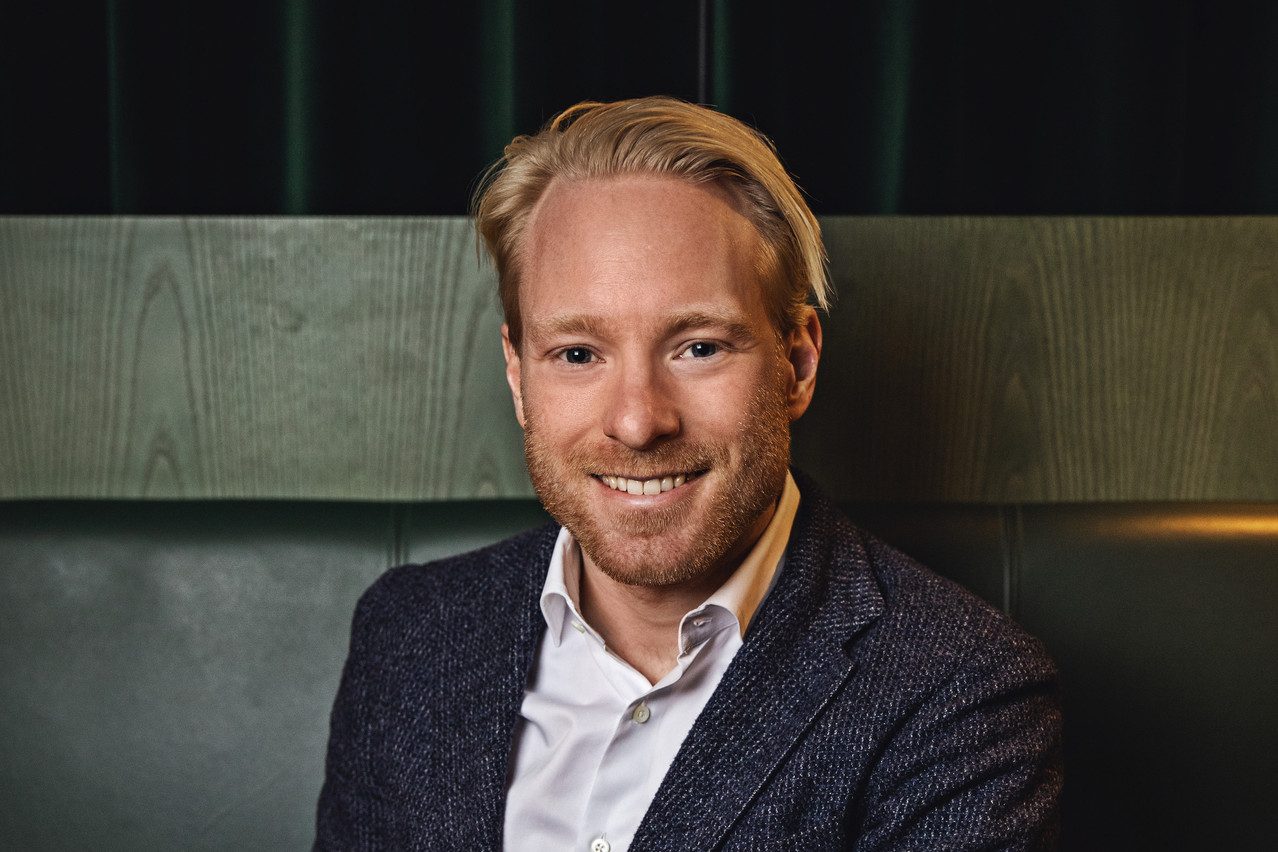“I believe it solved a real problem that we had as a society,” says Dal, highlighting one of his firm’s exits: Spotify.
“People were downloading music illegally,” he explains. “They were listening to pirated music, which didn’t respect the artists or pay them fairly. And [Spotify] solved that problem with software.”
For Dal, the story exemplifies the power of software to do good--and the power of private equity and venture capital to fund that software. Spotify got people to pay for something that previously they had been getting for free, he says, which benefitted the musicians. And it accomplished that not via hardware but via a better user experience: a cleaner interface, access on your phone, etc. “It’s a prime example of what we can do with such a small industry,” he says. “I mean, the music industry is peanuts if you compare it to healthcare, education, construction, food…”
Founded in 1999, GP Bullhound has grown into a global network of 180 employees in 13 offices; the one in Luxembourg opened in 2022. The firm’s focus is software entrepreneurs: besides investing in them, it helps them raise capital, connect with international buyers or investors, expand across borders and benefit from an ecosystem of events and expertise.
“We’re perfectly positioned,” says Dal of the firm’s international network and its ability to connect entrepreneurs with these types of opportunities.
What do you look for in a portfolio company?
“We want the portfolio company to be ready for international expansion,” says Dal in response to this question. “And we want them to have a bit of a substance,” i.e., some €10-20m, or more, in revenue. “That’s what we call a ‘growth stage’.”
As mentioned above, GP Bullhound is interested in software companies. “The power of the company, and the user experience, needs to be fuelled by software,” explains Dal, adding: “We have nothing against solar panels. There are a lot of things we need to do to heal our planet… we would like to focus on the software part.”
By analogy, Dal talks about an old Porsche. While the engine technology hasn’t developed much over the years, the software around it has, leading to huge improvements in the capacity and efficiency of the engine. “That’s the software we want to invest in--for grids, solar panels, food production, supply chain, construction, healthcare, education.” Software has a “crucial part to play” in sectors that are under pressure by pricing and cost inflation, he adds.
What’s your biggest challenge as a VC firm right now?
“I think the fundraising landscape has improved this year. Last year was tough,” says Dal. “I think it’s still going to be tough, but it has improved.”
He also expects the growth rate of the firm’s portfolio companies to slow down due to the macro environment. If, he explains, in 2021 you spent $100 and it got you 200 users, then the same $100 today might only get you 100 or 150 users. “That’s the challenge for many companies.” People are hesitant in the current climate: “They’re just turning every dime more times before they spend it.”
Not knowing how long this environment will last, Dal is working on helping companies survive. “We want to make sure they don’t mothball their operations, and make sure they are also making smart investments in their business to be ready to run again when the bell rings.”
And the biggest opportunity?
“This year is a year full of opportunities,” says the partner, saying that valuations in his firm’s investment space have come down “a lot” compared to the last two years. “It’s a very good environment to be in as an investor. It’s a healthy and normalised environment.” He adds that there is sufficient time to do due diligence, to finish deals--which stands in contrast to some of the more turbulent scenes in recent history. “There were some crazy things in 2021, when companies were handed term sheets after 24 or 48 hours of reaching out. I mean, it was an insane turnover speed on investments.”
The pace is better now, he says, both for investor and companies. “Because it’s a marriage, right?”
What would you want the general public to know about the PE industry?
“We have huge problems that we’re facing,” says Dal. “As a society, as democracies, as countries, as a planet, as individuals. The problems are very complex, and complex problems can often be solved by software. And access to software.”
“Software is not only pieces of code and a machine,” he continues. “It’s a way of working, a workflow, an idea, a process. A lot of the things that are happening in the world lack process, they lack direction and workflow--and software helps solve that. It helps bridge distances and connect people.”
For Dal, PE and venture capital are therefore key as a source of funding for software entrepreneurs. “Venture capital, or the private equity industry… is very important in redirecting capital to entrepreneurs that are bold enough to quit their day jobs and do something in this space. That is what venture capital is important for.”
